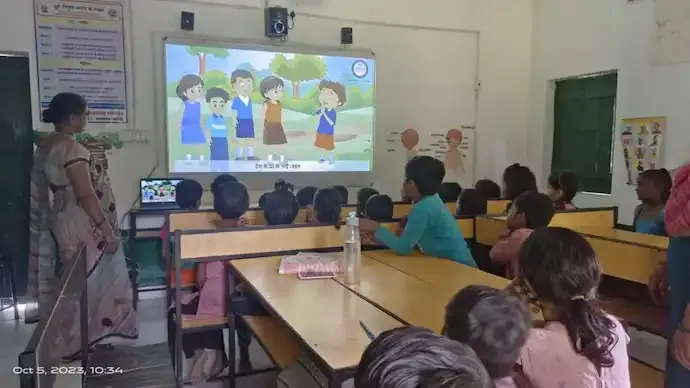Shopping cart
Your cart empty!
Terms of use dolor sit amet consectetur, adipisicing elit. Recusandae provident ullam aperiam quo ad non corrupti sit vel quam repellat ipsa quod sed, repellendus adipisci, ducimus ea modi odio assumenda.
Lorem ipsum dolor sit amet consectetur adipisicing elit. Sequi, cum esse possimus officiis amet ea voluptatibus libero! Dolorum assumenda esse, deserunt ipsum ad iusto! Praesentium error nobis tenetur at, quis nostrum facere excepturi architecto totam.
Lorem ipsum dolor sit amet consectetur adipisicing elit. Inventore, soluta alias eaque modi ipsum sint iusto fugiat vero velit rerum.
Sequi, cum esse possimus officiis amet ea voluptatibus libero! Dolorum assumenda esse, deserunt ipsum ad iusto! Praesentium error nobis tenetur at, quis nostrum facere excepturi architecto totam.
Lorem ipsum dolor sit amet consectetur adipisicing elit. Inventore, soluta alias eaque modi ipsum sint iusto fugiat vero velit rerum.
Dolor sit amet consectetur adipisicing elit. Sequi, cum esse possimus officiis amet ea voluptatibus libero! Dolorum assumenda esse, deserunt ipsum ad iusto! Praesentium error nobis tenetur at, quis nostrum facere excepturi architecto totam.
Lorem ipsum dolor sit amet consectetur adipisicing elit. Inventore, soluta alias eaque modi ipsum sint iusto fugiat vero velit rerum.
Sit amet consectetur adipisicing elit. Sequi, cum esse possimus officiis amet ea voluptatibus libero! Dolorum assumenda esse, deserunt ipsum ad iusto! Praesentium error nobis tenetur at, quis nostrum facere excepturi architecto totam.
Lorem ipsum dolor sit amet consectetur adipisicing elit. Inventore, soluta alias eaque modi ipsum sint iusto fugiat vero velit rerum.
Do you agree to our terms? Sign up

The classroom as we know it may disappear by 2050, warns cognitive scientist Howard Gardner at a recent Harvard forum. According to Gardner, future learning will move away from uniformity, memorisation, and standardised assessments, and shift toward creativity, critical thinking, and AI-assisted exploration.
“For students, being assessed in the same way will seem totally old-fashioned,” Gardner said, predicting that schools will focus only on foundational skills in the early years, with subsequent education guided by individual projects, mentorship, and AI-enhanced learning.
In India, this vision poses both a challenge and a wake-up call. Traditional exams, rote learning, and rigid curricula dominate the system. While a few students in urban areas leverage online platforms and AI tools to learn beyond textbooks, many others in rural regions remain confined to outdated teaching methods.
“The Indian school system rewards rote learning and punishes deviation,” says Deepika Kulshreshtha, principal of a leading Delhi school. “Students are rarely taught to think critically or creatively. The system’s design has stifled innovation for decades.”
The AI revolution is already reshaping education worldwide. Gardner and other experts at Harvard emphasised that future learners will orchestrate AI, manage creative projects, and exercise judgment where machines fall short. Skills like ethical reasoning, interdisciplinary thinking, and creative problem-solving will outweigh the memorisation of facts.
India faces a unique crossroads: leverage its large student population, growing digital infrastructure, and cultural richness to leapfrog traditional models, or risk being left behind in the AI-driven education era.
Train Teachers as AI-Savvy Mentors
Teachers must evolve from content deliverers to guides, mentors, and ethical anchors in AI-powered classrooms. Investment in teacher training is crucial.
Reform Assessment Models
Standardised exams should give way to AI-powered formative assessments that track growth, creativity, and problem-solving skills rather than rote scores.
Bridge the Digital Divide
Equitable access to devices, Wi-Fi, and offline-first AI learning tools is essential to ensure all students benefit from emerging technologies.
Enable Interdisciplinary Learning
Students should be empowered to blend subjects — e.g., history with coding, literature with climate science — fostering innovation and critical thinking.
Embrace Indigenous Knowledge
India’s education must integrate its philosophical, linguistic, and cultural strengths. AI should enhance local values rather than simply import foreign models.
Howard Gardner’s prediction is not optional; the future of learning is arriving fast. By 2050, exam rankings will matter less than a student’s ability to think critically, creatively, and ethically in collaboration with AI. India must act decisively today to ensure its students are prepared for this transformation.
“Education needs a purpose beyond getting into a good school or job,” Gardner concluded at Harvard. For India, that is the message of urgency.
7
Published: Sep 30, 2025